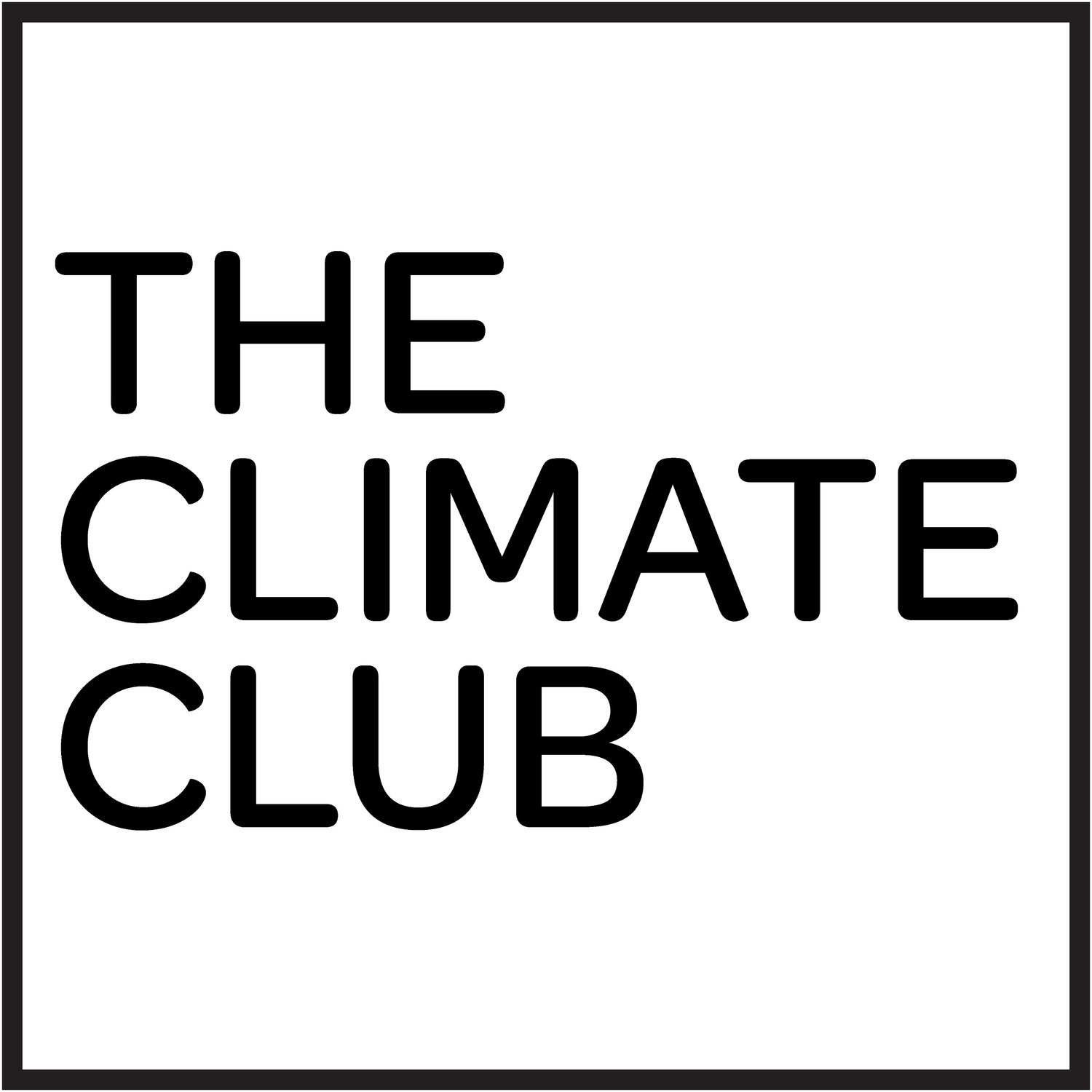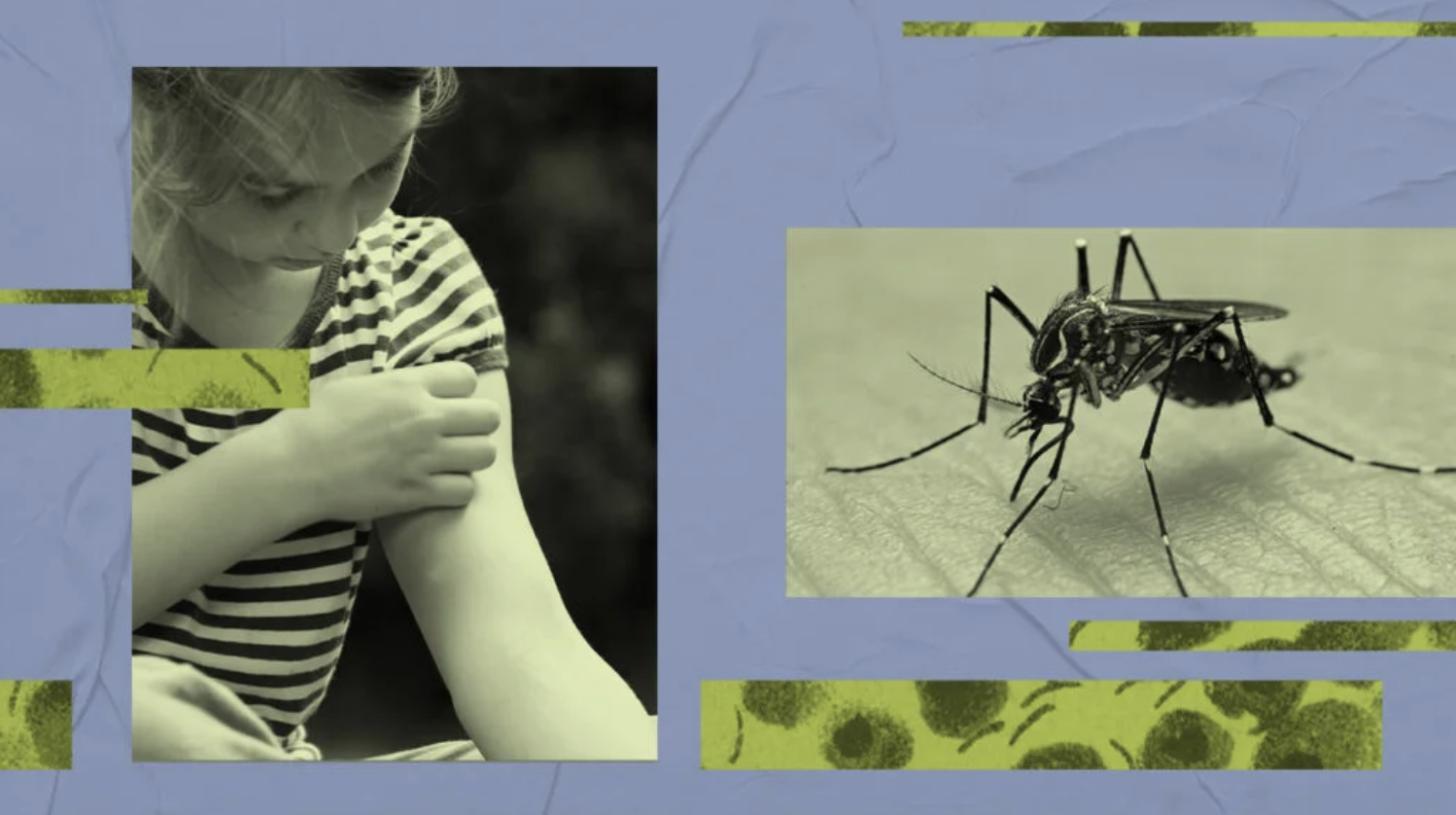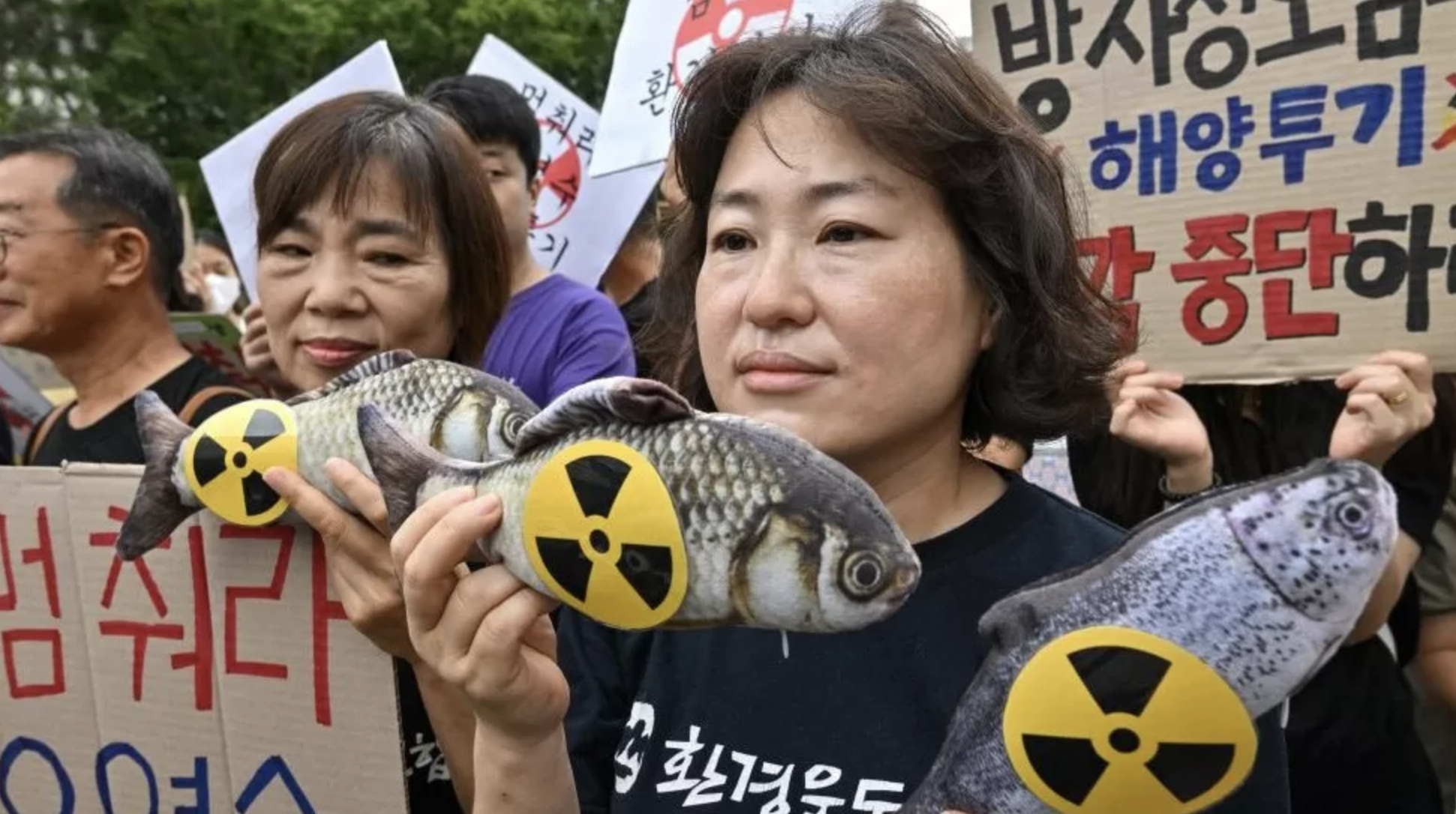Environmental Health
The Climate Club aims to help our readers understand the connections between the environment and health.
The Columbia University Mailman School of Public Health defines Environmental Health Sciences (EHS) as
"The science and practice of understanding, preventing, and mitigating the impact of environmental exposures and climate change on human health."
The relationships we have with the environment can give rise to a variety of diseases and health conditions, including asthma, cancer, and food poisoning. In the past few decades, the world has seen rapid and unparalleled industrialization, urbanization, and contamination of water, air, and food. All of these have adversely influenced human health, especially those most vulnerable in society including children, pregnant women, the labor force, people of color, and those within poor and marginalized communities.
However, EHS goes beyond simply investigating the relationships between environmental exposures and human disease. The field also encompasses environmental justice: a movement born in response to environmental racism as a fusion of Indigenous rights, the Civil Rights movement, and public health. This movement’s vision is to eliminate inequalities, which is where EHS research is key. EHS seeks to provide scientific evidence for advocates, community members, and policy makers and to empower marginalized peoples by bringing awareness to environmental hazards that burden their communities











